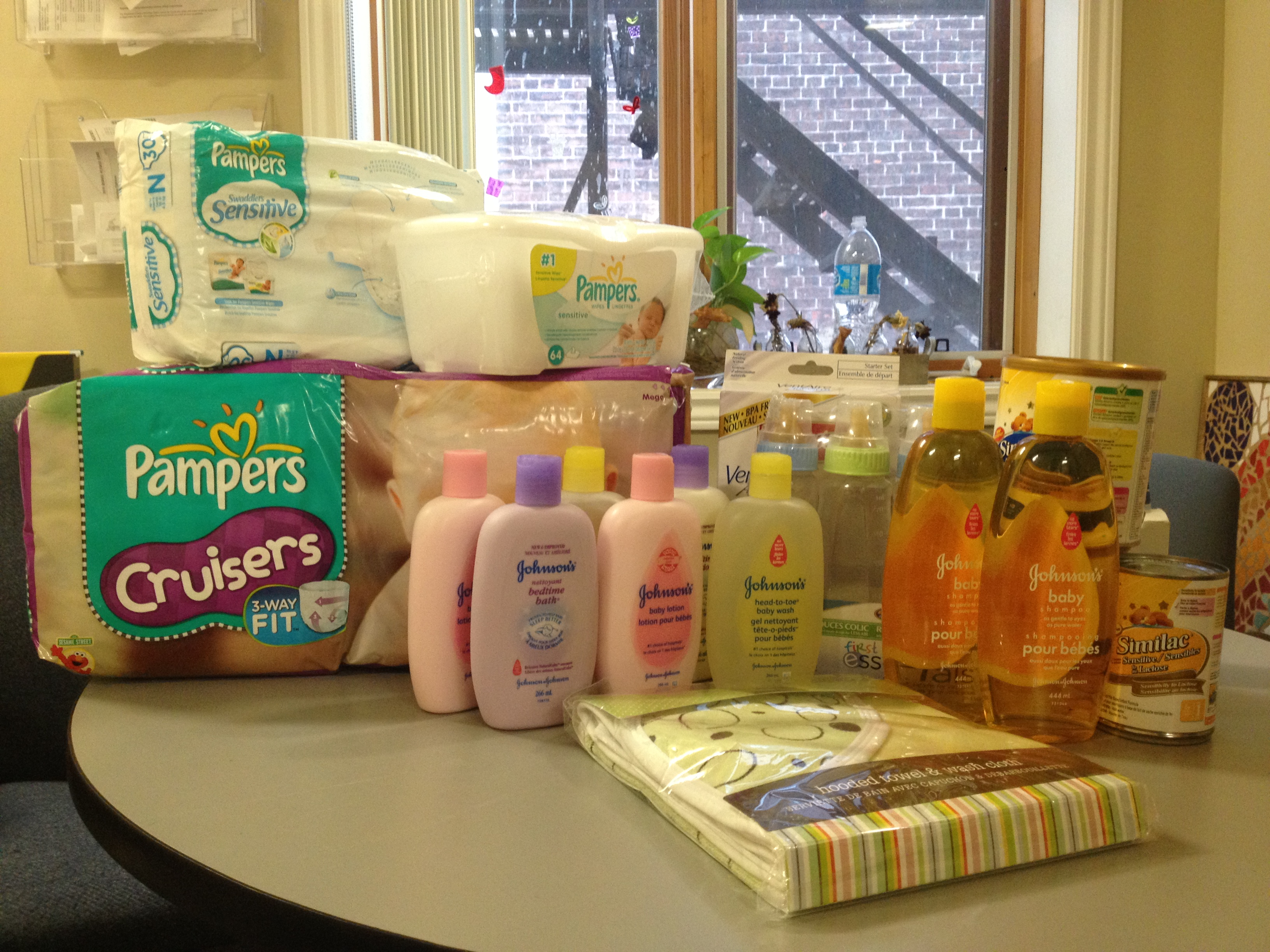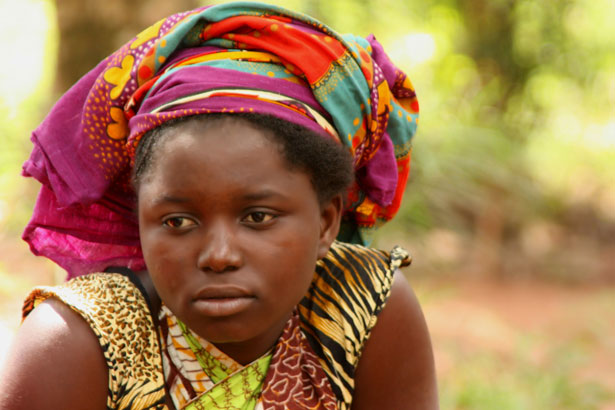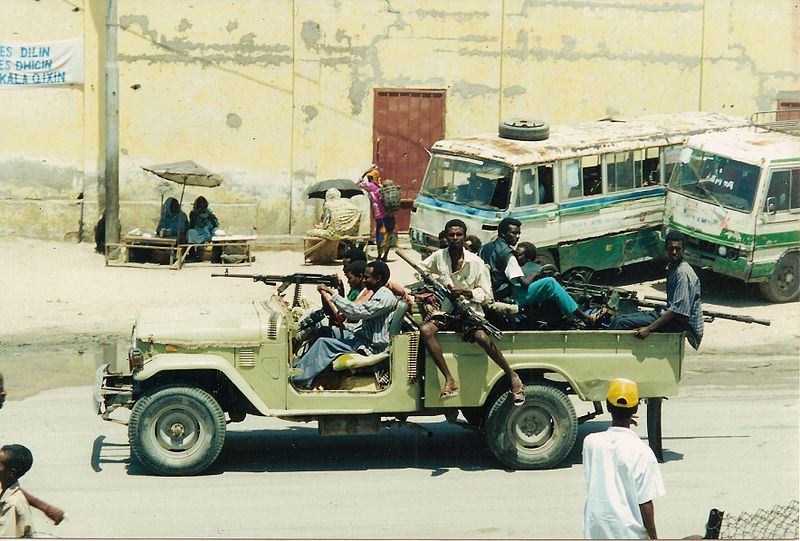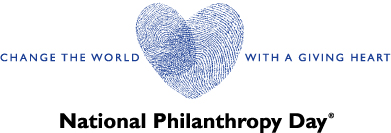Until very recently little was known about women with disabilities and abuse. In fact, it is only in recent decades that studies have begun to explore the topic of violence against women with disabilities (2). These studies indicate women with disabilities are at higher risk to experience abuse and violence than are their non-disabled peers. “The number from different studies vary, but the risk for women with disabilities is anywhere from two to ten times greater than found in the general population (3). Sadly, this lack of awareness of the impact of abuse in women’s lives has resulted in systemic discrimination in which women with disabilities are directed towards programs and services that address issues related to their disability but not to issues related to the abuse and violence they are dealing with. This has also meant that services and resources are largely inaccessible for women with disabilities trying to leave abusive relationships therefore creating an environment of great vulnerability and risk for further abuse.
Nellie’s defines ableism as the belief system which views individuals with disabilities as incompetent, burden, drag on the system and more specifically as unproductive, unworthy and desexualized individuals needing consistent accommodation, assistance and requiring support from a caregiver. Ableism impacts both the personal, interpersonal and the systemic realms of all of our lives. The values and beliefs carried by policy makers, service providers and the general population create a world in which women with disabilities become vulnerable to abuse and violence simply due to the disabling environments in which access to full inclusion are denied and social isolation is created. It is important to begin to explore, unpack and make visible the myths and stereotypes that exist for women with disabilities in order to begin to make concrete systemic changes so that women living with disabilities and their children can make informed choices that are suited to their individual needs and that prevent violence and abuse from occurring in the first place.

One of the most prevalent myths about women with disabilities has to do with sexuality. Women with disabilities are either assumed to be asexual or hyper sexual. When women with disabilities are assumed to be asexual it is assumed they will not be in intimate relationships or that they are not interested in sexual pleasure/desire. If they are hypersexual they are assumed to be controlled solely by their sexual desires. Hyper sexuality and asexuality in this context go hand in hand. If disAbled women are assumed to be asexual then any form of sexual expression can lead them to be classified as hyper sexual and they may risk having their sexuality regulated in some way. When they experience sexual abuse, it may be assumed that somehow they are to blame and have created the abusive situation.
Women with DisAbilities are often seen as objects of pity and tragic figures. It can be safe to say that those who are objects of pity or whose lives are tragic, are not likely to make great life mates. Anyone who chooses to partner up with them is seen as sacrificing a great deal of their own happiness and as a result will be seen as a martyr. Ironically, this also applies to those who are paid to be in their lives. However, as one study notes, “…in 44% of the cases, the abusers had a relationship with the victim that was specifically related to the person’s disability These abusers included personal care assistants, psychiatrists, residential staff, transportation providers, foster parents, and other individuals with disabilities(1).” Women with DisAbilities are perceived as being dependent, childlike, and in need of protection and as a result of these stereotypes their experiences are devalued, ignored and rendered invisible, including their experiences with abuse. In their stories of abuse, their coping strategies are largely ignored and their choices as to how they address the abuse and violence are made by others, thereby perpetuating the trauma through systemic abuse.
Unpacking myths and stereotypes is a process but as service providers, advocates and allies we must begin to increase awareness and challenge these myths and stereotypes in order to challenge ableism and work towards the elimination of violence and abuse in the lives of all women with and without disabilities. This process can begin by unlearning some of these beliefs and challenging our own ableist thoughts and practices. This can include creating inclusive spaces that are welcoming to women with disabilities and that provide opportunities for women to share experiences and expertise about their own lives. Only through active and meaningful participation and inclusion of women with disabilities as staff, volunteers, friends and colleagues can the commonalities and the differences in experiences of abuse and violence be understood more fully and completely.

At Nellie’s we are in the process of developing a Position Paper on Women and Accessibility. This position will be used internally at Nellie’s to provide an overview and understanding on Ableism as well as provide recommendations to ensure women with disabilities and Deaf women receive services which are barrier free. Additionally, this document can be used by other organizations to inform policy and ensure service geared to women with disabilities and Deaf women. The Position will be launched and available online in Spring 2013. For more information on this topic, please refer to the references below.
References
1) Curry, Mary Ann, Hassouneh-Phillips, Dena, Johnston-Silverberg, Anne. (2001) Abuse of Women With Disabilities: An Ecological Model and Review, Violence Against Women, Vol. 7, No. 1, 60-79
2) Hassouneh-Philips, Dena & Mary Ann Curry (2002), Abuse of Women with Disabilities: State of the Science, Rehabilitation Counselling Bulletin, 45(2) 96-104
3) Kaufman, Miriam, M.D., Silverberg, Cory & Odette, Fran, (2003). The Ultimate Guide To Sex and Disability, Cleis Press Inc.

















